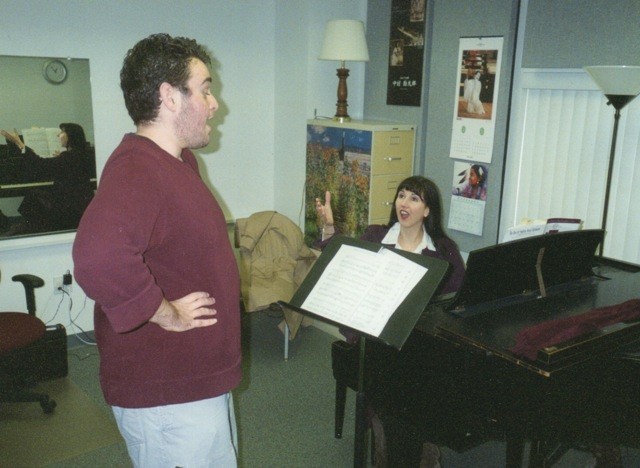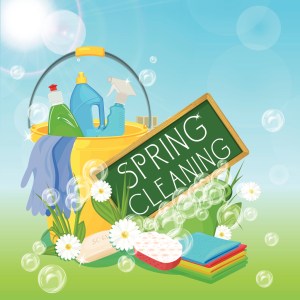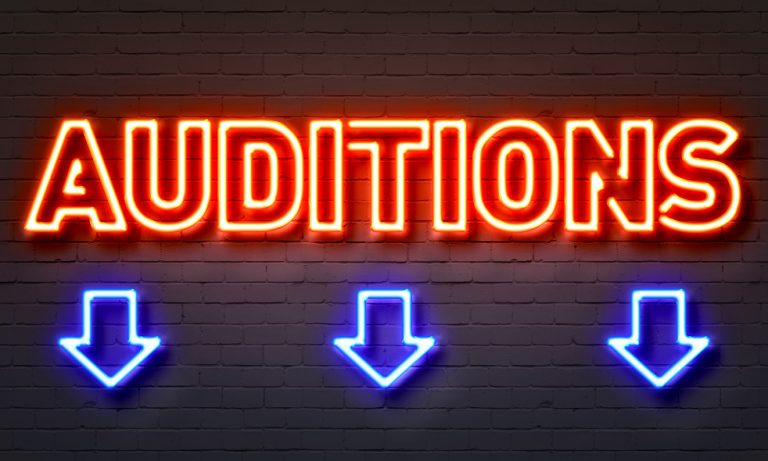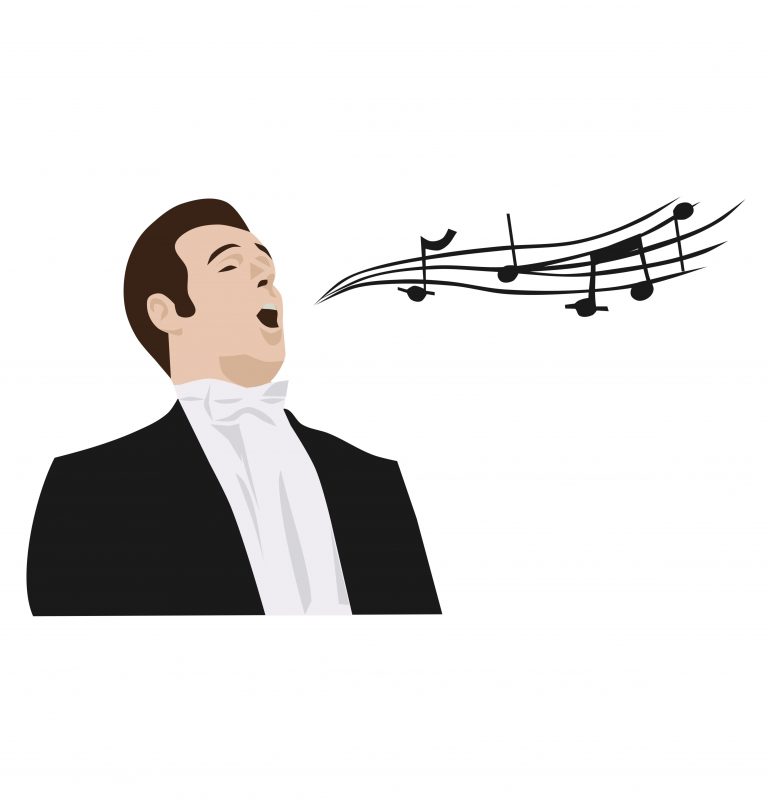HOW TO FIND THE RIGHT VOICE TEACHER FOR YOU, PART 1: The Difference Between a Voice Teacher and a Coach
Finding the right voice teacher for you may be the most important choice you make in your singing life, whether you want to sing professionally, or just as a beloved hobby. I’ve had a number of voice teachers throughout my career, some of them good, and some of them truly great. I’ve also worked with many coaches, who are in a different category than actual voice teachers. Let me explain the difference between a teacher and a coach, before you begin your search for vocal training.
First of all, a voice teacher teaches (or should teach!) actual singing technique, through body, breath and vocal exercises that train in and develop healthy, optimal function of your singing voice. Some voice teachers only teach technique, without working on songs (one of my best teachers never worked on songs with me). But the majority of voice teachers do both, so that they can help you apply what you’re learning through your exercises into songs you want to sing, or into songs chosen by the teacher to further your vocal development.
I do both in lessons, because songs and exercises have different demands, and by working on both, I find that students grow even faster in their singing abilities. Exercises are a uniform unit of measurement to strengthen and calibrate the voice, and an absolute necessity to build in strength, stamina, coordination and consistency. But songs are why we all want to sing! This is the artistic side of singing, the big payoff for all of us, both for performer and audience, that goes beyond just vocal mechanics. That’s where the fun of it is!
Now, here’s where it can get confusing. A singing coach is someone who does NOT teach vocal technique (or shouldn’t!), but only coaches you on the specifics of preparing a song for performance. This can include stylistic interpretation, phrasing, expression, diction, and acting/presentation skills, but nothing regarding the actual functioning of your voice. A good coach may notice technical issues in your vocal production that need to be addressed, but will refer you back to your voice teacher to address those issues.
In the classical music world, this line between voice teacher and coach is clearly defined, and piano accompanists who become “collaborative pianists” actually have a specific college degree which trains them in that supportive coaching role. They clearly understand and respect the responsibility of the voice teacher and do not cross the line into the vocal training area.
In the commercial music world, however, the terms “voice teacher” and “voice coach” are often used interchangeably, and incorrectly. Reality singing shows and other television programs are rife with misnomers and incorrect information about singing! Even teachers and coaches themselves use the terms inaccurately, which confuses the issue even more.
Another complicating factor is that neither voice teachers nor voice coaches need to be licensed in the same way that a speech therapist must be licensed and follow certain protocols, including keeping up with continuing education in their field. Unfortunately, there are more than a few musicians out there who think teaching voice is just about playing a few scales for a singer to warm up on, and then just teaching them their song. WRONG! I have seen too many students who come to my studio with damaged voices, or at the very least, having wasted time and money “studying” with someone who had no business teaching voice!
Finally, whether you decide that you need to find a voice teacher or a vocal coach, do your homework and look into the educational and professional background of this person who will be an important part of your vocal development and singing life! In Part 2 of this series, we will talk about the multiple ways you can use to find a good voice teacher who is right for you.







